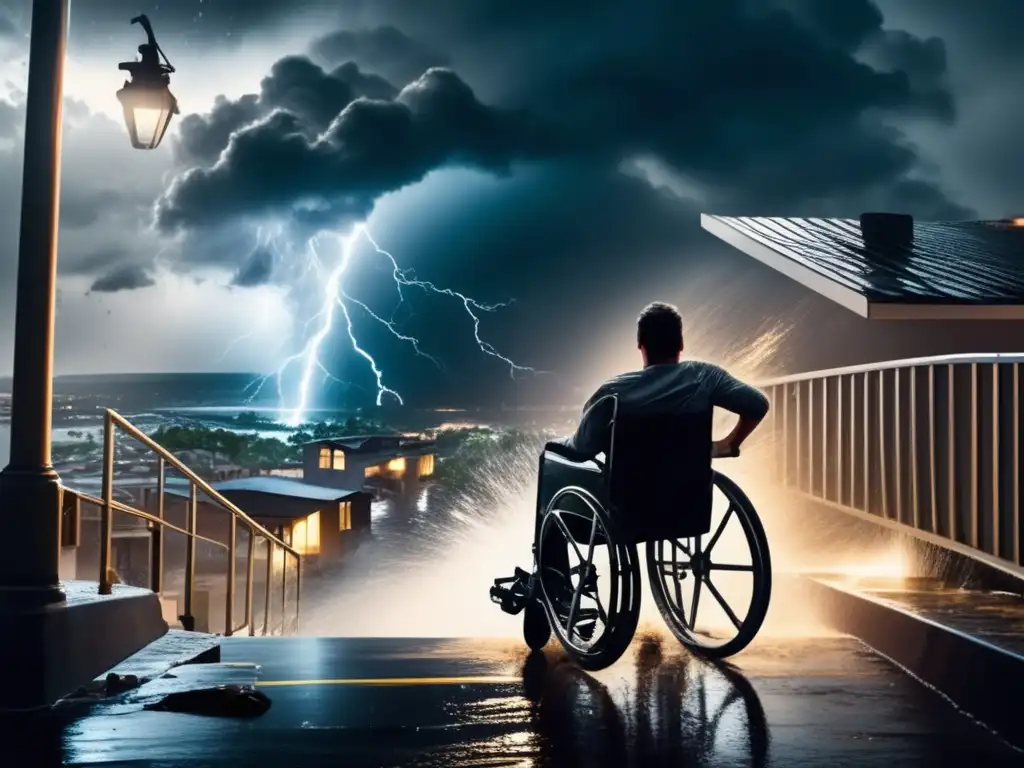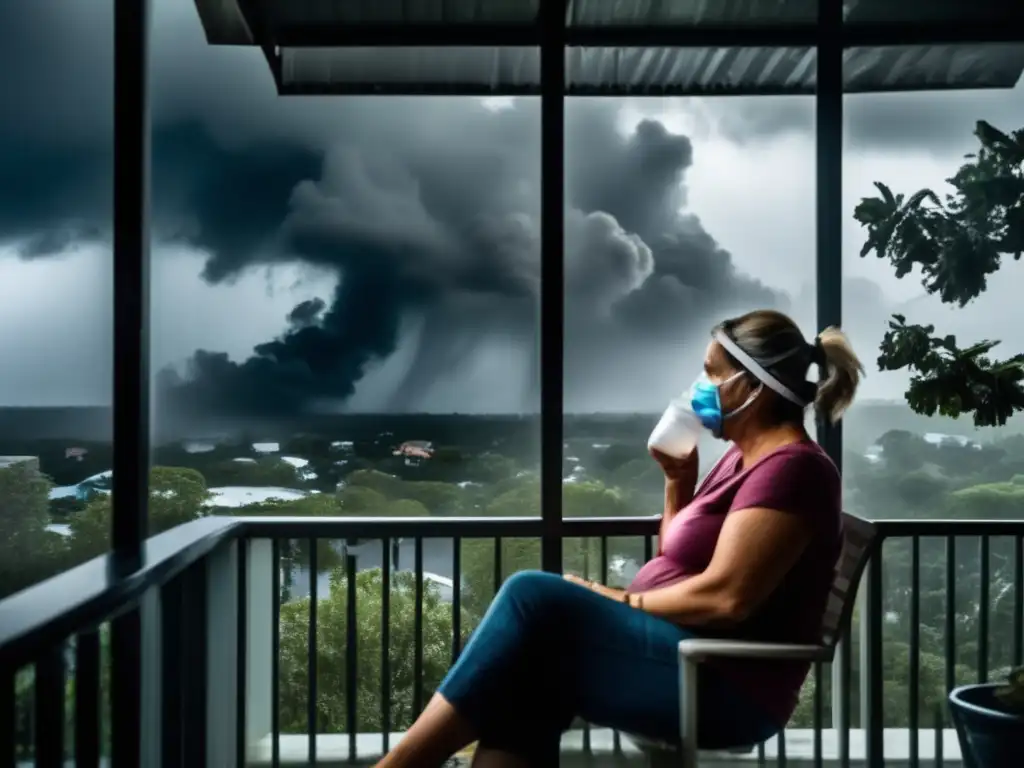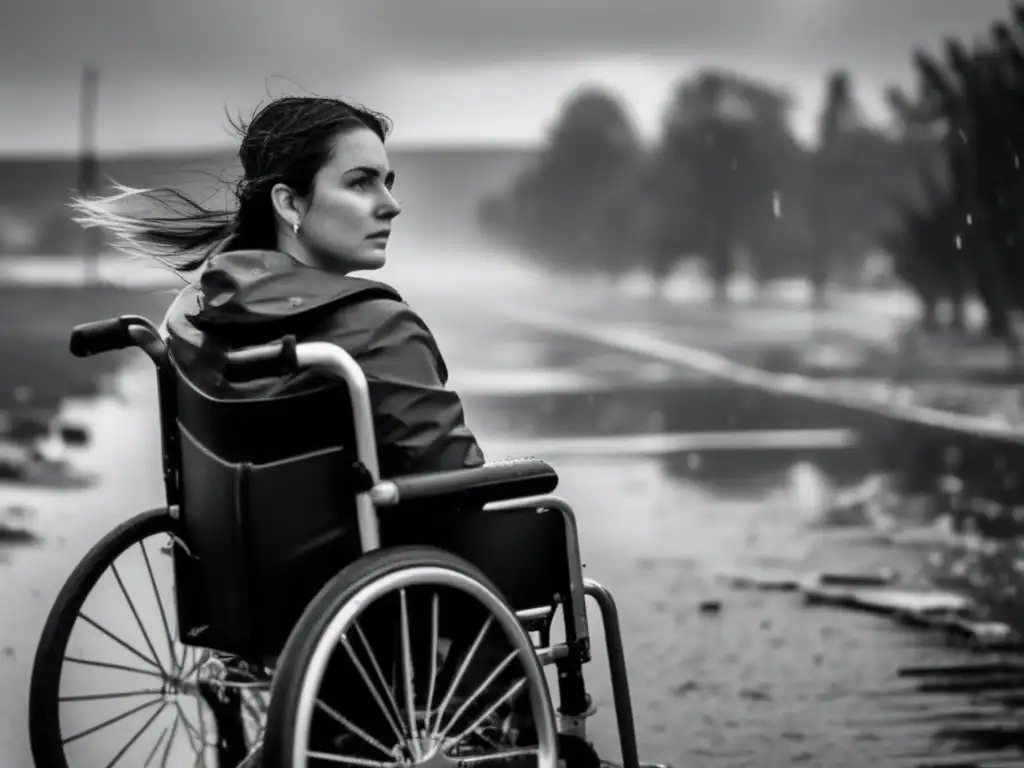Managing Chronic Illness During Hurricanes

Managing Chronic Illness During Hurricanes
Introduction
Hurricanes can pose significant risks to people living with chronic illnesses, and it is crucial to prepare adequately for these situations. According to the National Hurricane Center, hurricanes are severe storms that can produce winds of more than 74 mph, heavy rainfall, and flooding. Patients with chronic conditions like diabetes, heart disease, asthma, and other illnesses must take extra precautions during these emergencies.
Preparing for a Hurricane with a Chronic Illness

Gather medications and medical supplies
If you have a chronic illness, it's essential to gather your medications and medical supplies before a hurricane. Make sure you have enough medication to last for at least a week or two. Store your medication in a waterproof container and pack your medical supplies like glucometers and insulin pumps in your emergency kit.
Create an emergency plan
People with chronic illnesses should create an emergency plan that includes their medical needs. Identify shelters, hospitals, and pharmacies that are accessible during an emergency. Inform your friends and family about your plan and discuss your specific needs with them.
Keep important documents safe
Keep essential documents like insurance cards, identification papers, and health records in a waterproof bag or container. You can also make copies of these documents and store them on a cloud-based storage system like Google Drive or Dropbox so that you can access them from anywhere.
Staying Safe During a Hurricane with a Chronic Illness

Monitor your condition regularly
During a hurricane, patients with chronic illnesses must monitor their condition regularly. Keep a close eye on your medications and take them as directed by your health care provider. Check your blood sugar levels, blood pressure, and other vital signs frequently, and report any significant changes to your doctor.
Avoid stress and fatigue
During a hurricane, patients with chronic illnesses must avoid stress and fatigue. Get enough rest and sleep, and avoid overexertion. Maintain a calm and positive attitude, and try relaxation techniques like meditation or deep breathing exercises.
Avoid contact with contaminated water
Contaminated water from flooding can cause infections and other health problems. Patients with chronic illnesses must avoid exposure to contaminated water and should use bottled water for drinking and cleaning purposes until the local authorities declare the water safe.
Seeking Medical Help after a Hurricane with a Chronic Illness

Be aware of the symptoms that require immediate medical attention
Patients with chronic illnesses must be aware of the symptoms that require immediate medical attention. Seek medical help immediately if you experience chest pain, shortness of breath, dizziness, severe headache, or any other severe symptoms.
Contact your health care provider
If you have a chronic illness and need medical help after a hurricane, contact your health care provider as soon as possible. Local hospitals and medical facilities could also provide emergency services. Be prepared to provide your medical history and other necessary information to the medical professionals.
Stay safe during transportation
During transportation to a medical facility, it is essential to stay safe and comfortable. If you are in a wheelchair, consider using a waterproof cover to protect yourself from the rain. Ask for assistance if needed, and keep a list of emergency contacts and medical information with you.
Frequently Asked Questions

-
Can I drink tap water during a hurricane?
No. It's advisable to use bottled water or boil tap water for at least a minute before using it for drinking or cooking purposes.
-
What should I do if I run out of my medication during a hurricane?
Contact your healthcare provider for assistance or go to the nearest hospital or emergency medical facility immediately.
-
Is it safe to use a generator during a hurricane?
It is essential to use generators correctly and safely during a hurricane. Follow the manufacturer's instructions carefully and avoid placing the generator indoors or near open windows or doors. Carbon monoxide poisoning can occur if generators are used incorrectly.
-
How can I stay informed about hurricane-related developments and warnings?
You can stay informed about hurricane-related developments and warnings by monitoring the National Hurricane Center's website (https://www.nhc.noaa.gov/) and listening to local news broadcasts.
-
Should I evacuate during a hurricane if I have a chronic illness?
It depends on your specific situation, and you should consult with your health care provider. If there is a mandatory evacuation order in place, follow the guidelines and evacuate as soon as possible.
Conclusion
If you have a chronic illness, it's crucial to prepare adequately for a hurricane and take extra precautions to ensure your safety. Gathering medications and medical supplies, creating an emergency plan, and keeping important documents safe are essential steps you can take before a hurricane. During a storm, monitor your condition regularly, avoid stress and fatigue, and stay away from contaminated water. Seek medical help immediately if you experience any severe symptoms or require medical assistance after a hurricane. By taking these steps, patients with chronic illnesses can stay safe and healthy during hurricanes.
Living in hurricane-prone areas can be stressful, but proper preparedness can make all the difference. Let us know your thoughts in the comments section below. If you found this article useful, please share it on social media and encourage others to read it as well. Thank you for reading!
Additional Resources

 Emergency Blankets
Emergency Blankets Biking Out: Using Bicycles As Emergency Transport During Hurricanes
Biking Out: Using Bicycles As Emergency Transport During Hurricanes Waterproof Boots
Waterproof BootsIf you want to discover more articles similar to Managing Chronic Illness During Hurricanes, you can visit the Hurricane preparedness: category.
Leave a Reply

Articulos relacionados: